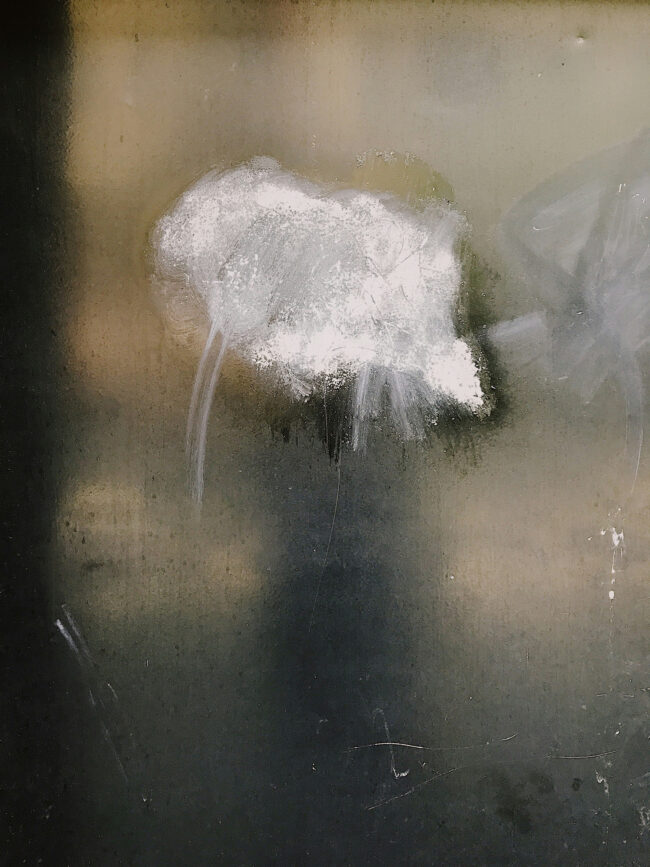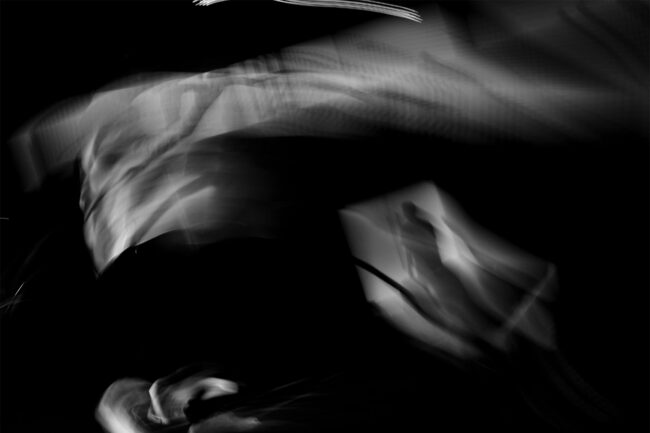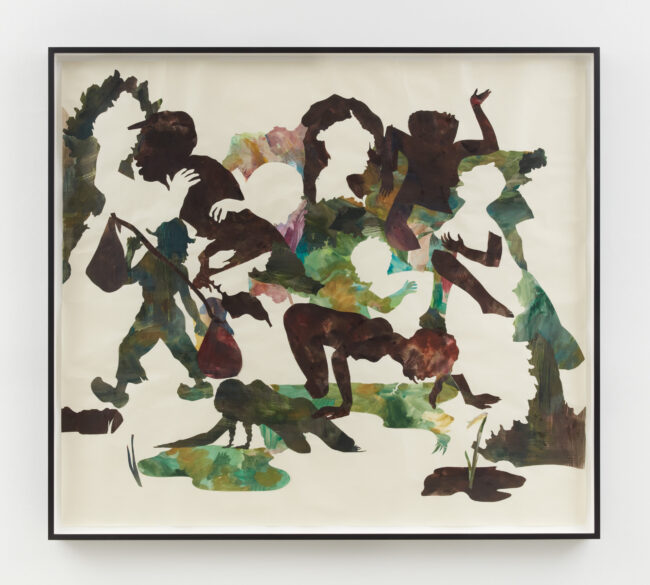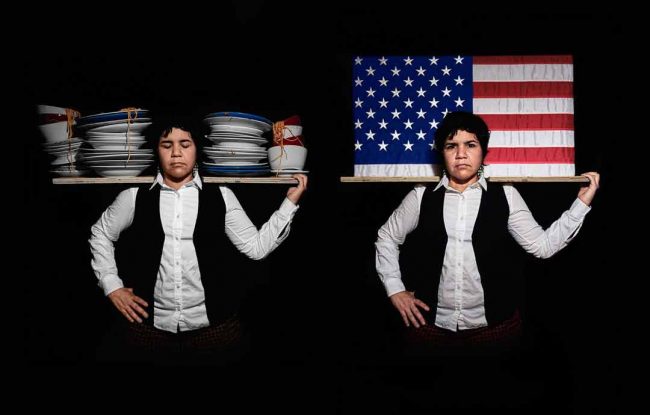The Wallet by Douglas H. White
I realize now that I am composed of the full inventory of the slights and dehumanizing aspects of racism I have known. But why did this story return so suddenly? Was it because many people were talking about racism and anti-Semitism? Why did this early event cause so much anguish and trauma in me thirty-five years after it happened? Was it because all nuns represented a kind of goodness in my six-year-old mind, a goodness that was shattered in an instant?





